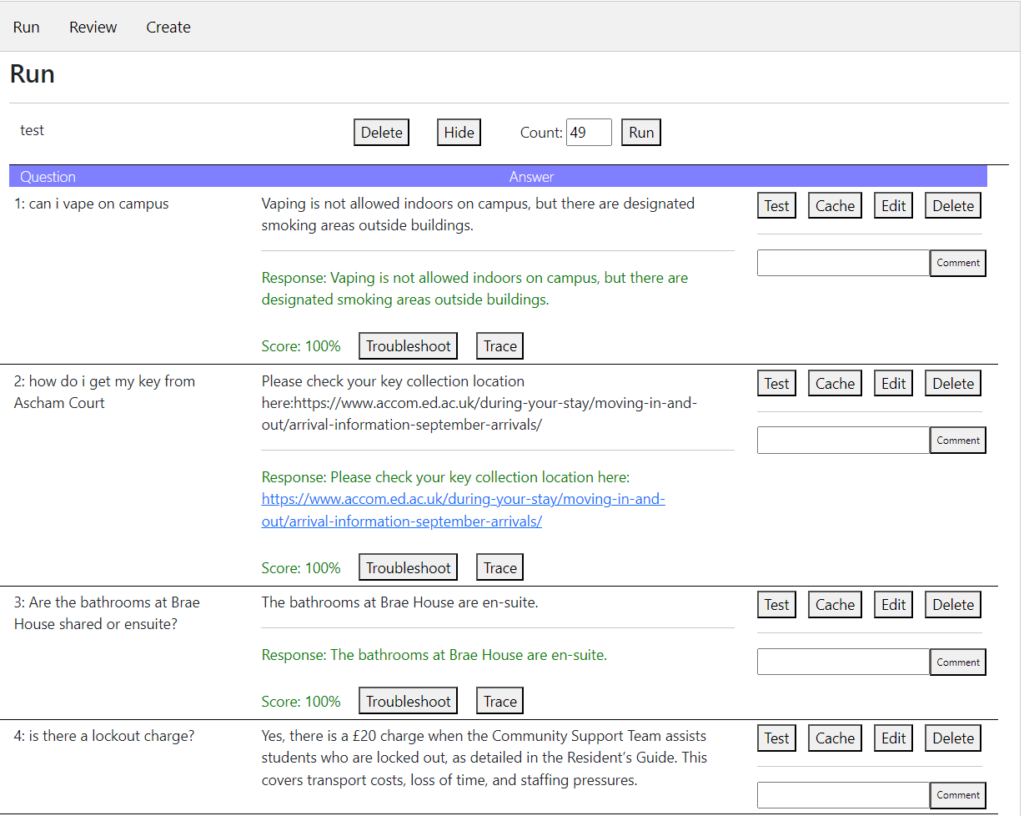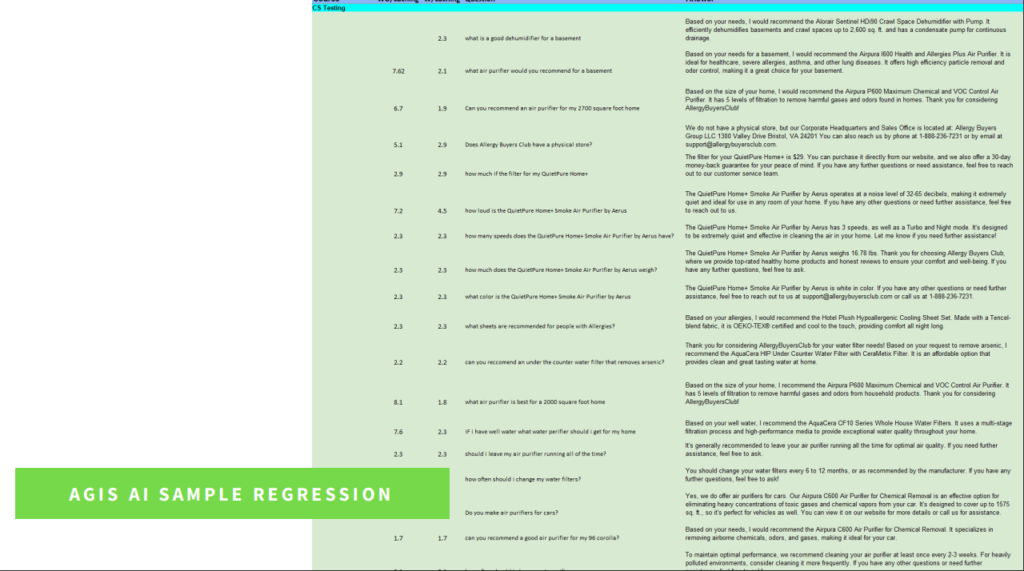Regression Testing is a type of testing in the software development cycle that runs after every change to ensure that the change introduces no unintended breaks. Regression testing addresses a common issue that developers face — the emergence of old bugs with the introduction of new changes.
If a project does not implement strict version control systems, it will be difficult to trace which change introduced a bug. Therefore, it is a good practice to incorporate robust regression testing in any project.

Typically, it involves writing a test for a known bug and re-running this test after every change to the code base. This aims to immediately identify any change that reintroduces a bug.
With a push for agility in software development, there is an emphasis on adopting an iterative process – push new code often and break things if necessary. Regression testing ensures that with frequent pushes, developers do not break things that already work. The regression testing example below emphasizes its importance. (See https://www.browserstack.com/guide/regression-testing)
Given the scale and complexity of regression testing, AGIS has taken advantage of our own system to create an automated regression testing platform that removes the tedious, manual entry of regression testing by using our own technology. Our platform automatically creates it’s own questions to regression test against, as well as automatically generating a score that details whether or not individual data points pass the regression test.
